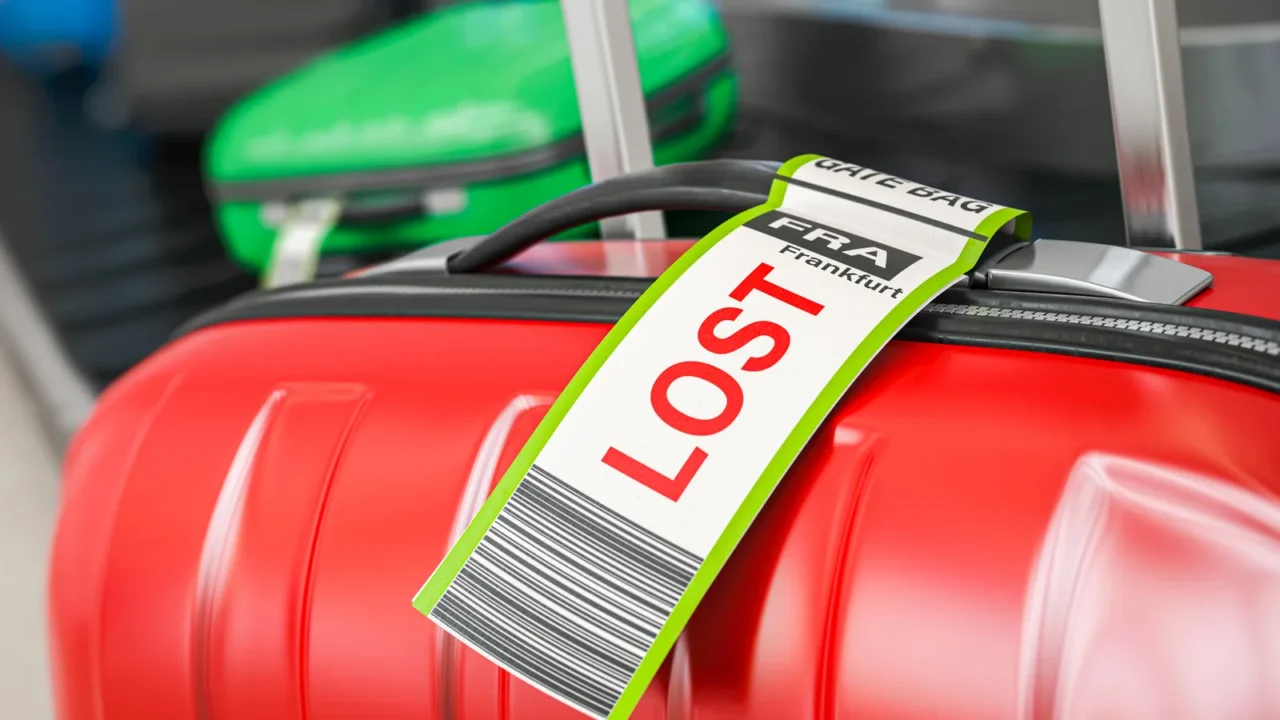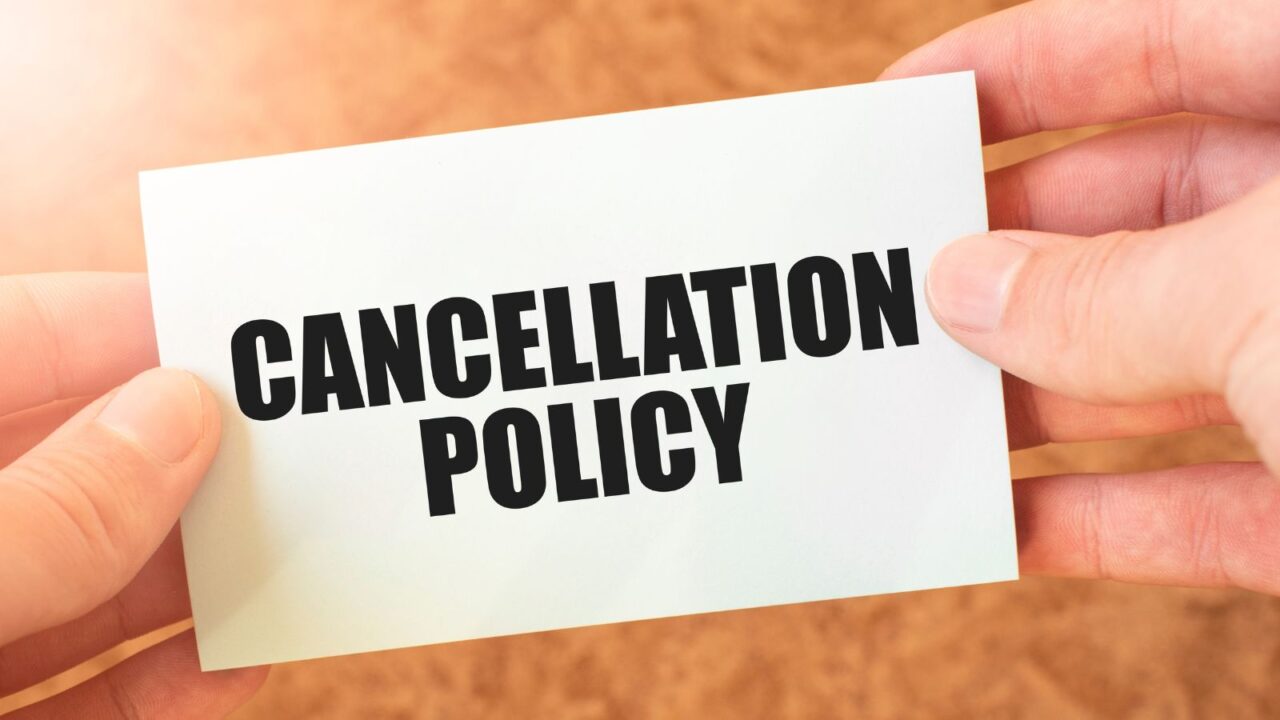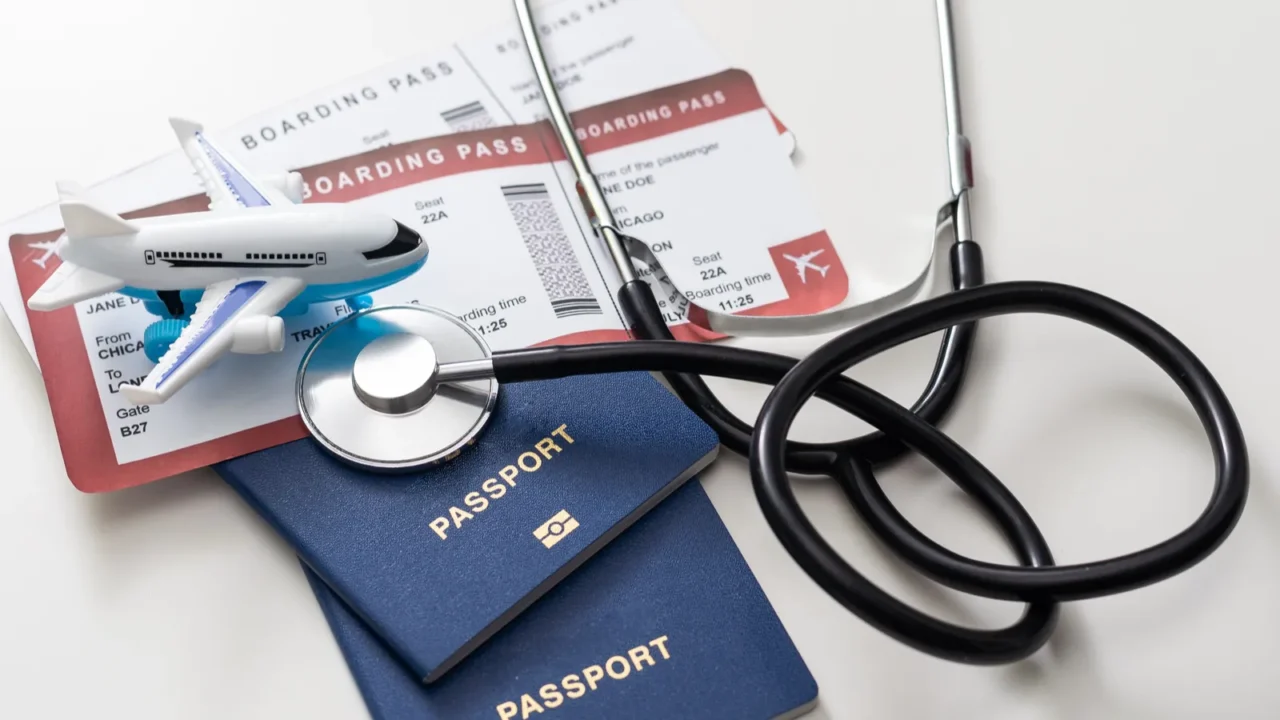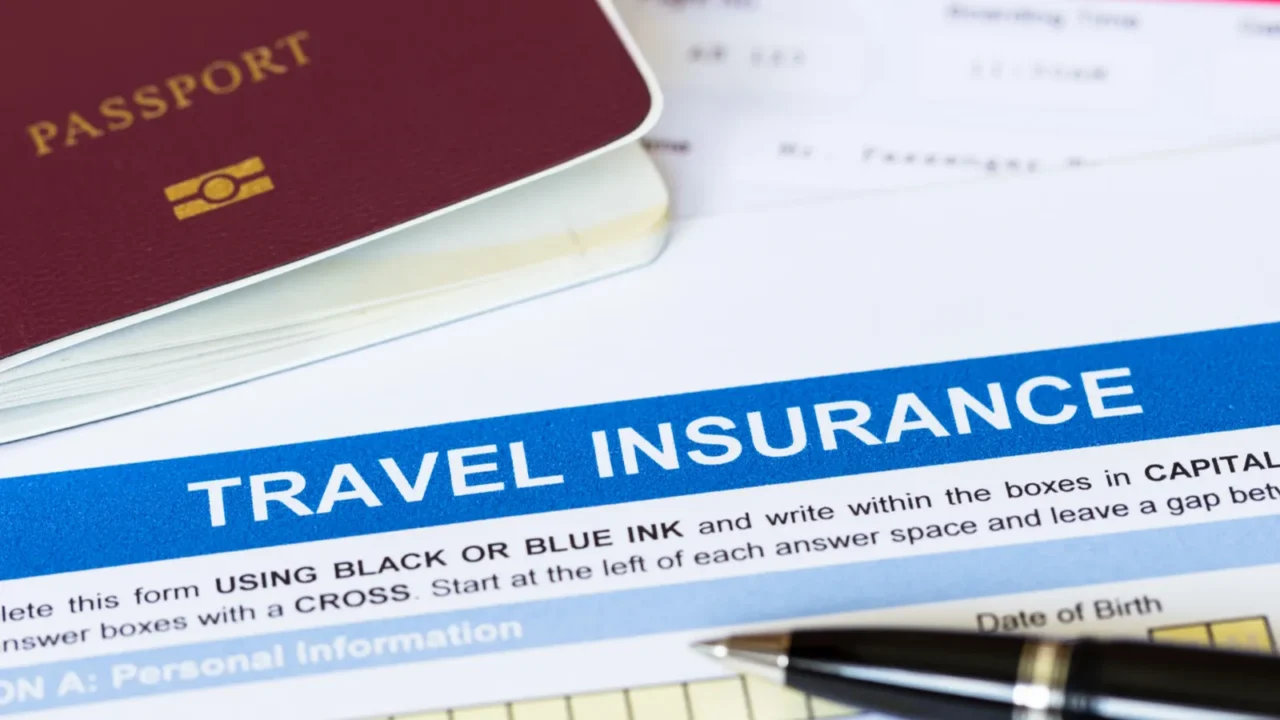
Think You’re Covered?
You’ve booked the dream trip, picked your flights, maybe even splurged on an ocean-view suite. And to be “safe,” you bought travel insurance, just like the blogs said. But here’s the kicker: you might still be dangerously exposed.
Every year, travelers discover too late that what they thought was covered simply isn’t. From denied claims for pre-existing conditions to surprise exclusions on canceled trips, there are loopholes in many policies that could leave you footing bills in the thousands.
The good news? You can avoid these traps with just a bit of know-how. Let’s break them down.

The Fine Print Problem Most People Miss
Most people misread or misunderstand what’s actually covered in travel insurance. In fact, research shows that when volunteers were asked to interpret common policies, most got key details wrong, even when the language seemed clear.
Terms like “reasonable medical expenses” or “covered reasons” sound protective, but can be loaded with conditions and exceptions. The best defense? Don’t skim. Always read the full policy document, not just the summary.

Pre-existing Conditions
Here’s where it gets real. If you have a medical condition, anything from asthma to anxiety, you might assume your travel insurance covers emergencies related to it. Wrong.
Most basic policies exclude pre-existing conditions unless you jump through certain hoops. Usually, that means buying the insurance within 14 days of booking your trip and choosing a policy that specifically waives that exclusion.
Otherwise? Your claim could be denied.

Late to the Insurance Party?
We’ve all been there. Book the flights now, think about insurance later. But with travel coverage, timing is everything. Buying your policy too late can leave you unprotected in key scenarios.
For example, if you purchase insurance after putting down nonrefundable deposits or once a known event (like a storm or protest) arises, you might not be covered if things go south.

Not All Cancellations Are Covered
Let’s say you cancel your trip because your best friend’s wedding was moved. Or maybe your anxiety spikes before a long flight. Understandable reasons, sure, but don’t expect insurance to cover it.
Most policies list specific reasons that qualify for cancellation coverage, like illness, injury, or a family death. Anything outside that? Likely not covered. And no, stress, work drama, or relationship issues won’t cut it.

Missing Receipts Can Cost You Big
Here’s an easy way to get your travel claim denied: lose your receipts.
Whether it’s stolen luggage or a canceled tour, you’ll need proof, think police reports, itemized bills, or even original purchase receipts. No paper trail? No payout.
So before you toss that ticket stub or delete that emailed invoice, think again. One of the best things you can do is create a “trip folder” (digital or printed) with all your receipts, bookings, and contacts.

Your Stuff Might Not Be Worth What You Think
Losing your luggage is a nightmare, but the payout might not bring much relief. That’s because many policies cap reimbursement amounts.
For example, they might only cover up to $500 per bag and exclude valuables like jewelry, electronics, or designer wear unless you have receipts or itemize them in advance.
Some policies even exclude items like keys, bicycles, or anything lost during a government search.

The “War Zone” Clause You Didn’t Know About
Planning to travel somewhere off the beaten path? Be careful, many insurance policies exclude coverage in regions affected by war, civil unrest, or terrorism.
If you’re injured, detained, or forced to cancel your trip due to conflict in one of these areas, you might be out of luck (and money).
If your trip involves any political hotspots, make sure your plan specifically covers them, or reconsider the route.

“Cancel for Any Reason” Might Actually Be Worth It
It sounds like a gimmick, but “Cancel for Any Reason” (CFAR) coverage is legit, and sometimes a lifesaver.
Let’s say you want to cancel your trip because your pet is sick, or you just don’t feel safe flying anymore. A regular plan won’t help. But CFAR will reimburse you, usually for 50–75% of your trip cost, no matter your reason.
The catch? You have to buy the policy soon after booking (usually within 14 days), and you’ll need to cancel at least 48 hours before departure.

Digital Help Desks Are Game Changers
Today’s better travel insurance providers offer more than just claims processing. Many now include 24/7 multilingual emergency help desks. Think of it as a personal assistant in your pocket.
Lose your passport? They can help get it replaced. Need emergency medical evacuation? They’ll arrange it. Before you pick a policy, see what assistance services are included.

Buying Too Cheap? You Might Regret It
Let’s talk budget. Travel insurance typically costs about 4–6% of your total trip. But if you’re just hunting for the cheapest plan, beware. Low-cost policies often come with barebones coverage, lower limits, and tighter restrictions.
That “great deal” might leave you stuck with massive bills for medical emergencies, missed connections, or stolen items.
Instead of shopping by price alone, compare what’s actually covered, look for generous cancellation terms, pre-existing condition waivers, and high coverage caps for health, baggage, and delays.

The Lookback Period Nobody Talks About
Here’s a sneaky clause buried in most policies: the lookback period. This is the window (typically 60–180 days before buying insurance) during which your medical records are reviewed for pre-existing conditions.
If you had a doctor’s visit or medication change during that time, and later file a related claim, it might be denied, even if you bought insurance early.
Some policies let you bypass this rule with a pre-existing condition waiver, but only if you purchase insurance shortly after booking.

Bundled Insurance from Airlines or Hotels
It’s tempting: when booking your flight or hotel, you get prompted to “add travel insurance” for just a few bucks. Sounds easy, but these bundled policies often come with limited coverage and vague terms.
They may not cover pre-existing conditions, have low reimbursement caps, or leave out key protections like trip delay or baggage loss. Plus, good luck getting detailed support in an emergency.

Know What “Travel Delay” Actually Means
You’re stranded at the airport for six hours, thinking, “Good thing I have travel insurance.” But here’s the thing: Many policies require a minimum delay time (like 6–12 hours) before benefits kick in.
Some only reimburse “reasonable expenses” (like meals or lodging), and only if you can prove the delay was due to a covered reason.
Weather-related? Covered. Mechanical failure? Maybe. Airline staffing shortage? Maybe not. Know exactly what delays your plan protects, and keep all receipts if you’re stuck waiting.

Your Rental Car Might Not Be Covered
Renting a car abroad? Double-check your insurance. Most travel policies don’t automatically include collision damage for rental vehicles, especially overseas. Even if they do, it might come with a long list of conditions (such as excluding certain car types or countries).
If you’re relying on a credit card’s built-in coverage, read those terms too; they’re often secondary and may require you to decline the rental agency’s insurance. If driving is part of your plan, it’s worth adding rental car protection to your travel insurance.
And speaking of the road, if your plans include a USA getaway this vacation, don’t miss the ultimate weekend road trip plan for scenic highway lovers.

A Quick Recap
Let’s recap the biggest loopholes that could ruin your trip (and your wallet):
- Pre-existing conditions not covered unless waived
- Late policy purchases = no coverage for known risks
- Non-covered cancellations like mental health or pet emergencies
- Missing receipts = denied claims
- Low coverage caps on baggage and delays
- War zones and political unrest often excluded
- Bundled airline insurance is rarely enough
Avoiding these pitfalls is simple: buy insurance early, read the fine print, and don’t hesitate to call the provider with questions. It’s your trip, and your responsibility to protect it properly.
Travel smart, avoid costly oversights, and learn about the boarding pass mistake that could ruin your vacation.
So, have you ever faced a travel insurance surprise? Share your story in the comments.
Read More From This Brand:
- Dreamiest Lakes to Visit in Minnesota
- The Best Walkable Cities for a Car-Free Getaway
- The Most Iconic Hotel Buildings Around the World
Don’t forget to follow us for more exclusive content right here on MSN.
This slideshow was made with AI assistance and human editing.